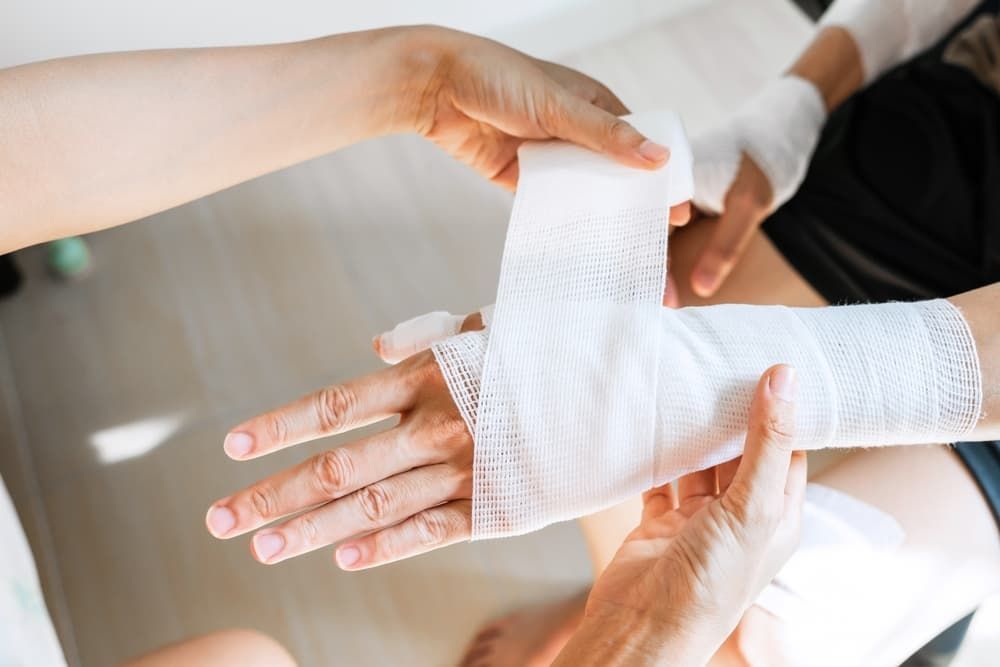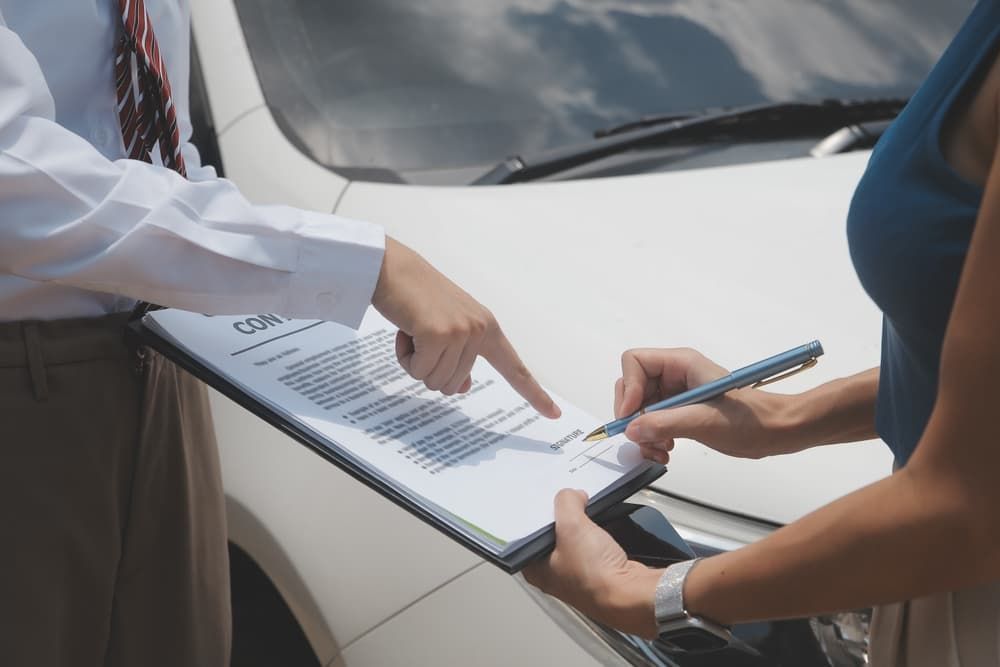Rear-end collisions are a common type of car accident that happens when one vehicle hits the back of another. These crashes can cause surprisingly serious injuries and damage to your car.
You might wonder what to do next if you've been in a rear-end collision. This guide will help you understand what steps to take after a rear-end crash and why getting help from a car accident lawyer is important.
Understanding Rear-end Collisions
Rear-end collisions often happen when a driver isn't paying attention or is following too closely. They can also occur due to sudden stops, bad weather, or car problems. While some rear-end crashes are minor fender-benders, others can be serious accidents that cause major injuries.
In a rear-end collision, the motorist who hits the back of another car is usually presumed at fault. However, there can be exceptions to this rule. That's why it's important to talk to a car accident lawyer who can look at the details of your specific case.
Medical Treatment After a Rear-end Collision

After a rear-end collision, your health should be your top priority. Even if you feel fine right after the crash, some injuries might not show up right away. It's a good idea to see a doctor as soon as possible after the accident.
Common injuries from rear-end collisions include whiplash, back injuries, and head injuries. Whiplash happens when your head is suddenly jerked forward and then backward. It can cause neck pain, headaches, and other symptoms. Back injuries can range from minor sprains to more serious spinal cord damage. Head injuries can occur if your head hits the steering wheel, dashboard, or window during the crash.
Getting prompt medical care is important not only for your health but also for any future legal claim. A car accident lawyer can use your medical records to show how the crash affected you and why you deserve compensation.
The Legal Process for Rear-end Collision Cases
When you hire a car accident lawyer for your rear-end collision case, they'll guide you through the legal process. Here's a general overview of what you can expect:
- Initial consultation: This is when you first meet with the lawyer to discuss your case. The lawyer will ask you questions about the accident and your injuries. They'll also explain how they can help and what you can expect from the legal process.
- Investigation: Your lawyer will gather evidence about your accident. This might include police reports, witness statements, accident scene photos, and medical records.
- Demand letter: Once your lawyer has all the necessary information, they'll write a demand letter to the at-fault driver's insurance company. This letter explains why their policyholder is responsible for the accident and how much you're asking for to cover your damages.
- Filing a lawsuit: If your attorney cannot reach a fair settlement through negotiations, your lawyer might recommend filing a lawsuit. This doesn't necessarily mean your case will go to trial. Many cases are settled during the lawsuit process before trial.
- Discovery: If you file a lawsuit, both sides will exchange information about the case during discovery. This might include written questions, document requests, and depositions (formal interviews under oath).
- Mediation: Before going to trial, you might go through mediation. This is when a neutral third party tries to help both sides reach an agreement.
- Trial: If your case doesn't settle, it will go to trial. Your lawyer will present your case to a judge or jury, who will decide if you should receive compensation and how much.
Throughout this process, your car accident lawyer will be there to guide you, answer your questions, and fight for your rights.
How a Car Accident Lawyer Proves Fault in a Rear-end Collision
Proving who was at fault in a rear-end collision is key to winning your case. Here's how a car accident lawyer might go about doing this:
- Gathering evidence: Your lawyer will collect police reports, photos of the accident scene, and statements from witnesses. They might also look for traffic camera footage if available.
- Reconstructing the accident: In some cases, a car accident lawyer might work with an accident reconstruction expert. This expert can use the evidence to determine exactly how the crash happened.
- Reviewing driver behavior: Your lawyer will look at factors like speeding, distracted driving, or drunk driving that might have contributed to the crash.
- Checking for mechanical failures: Sometimes, accidents happen due to car problems like brake failures. Your lawyer will investigate whether this played a role in your crash.
By thoroughly investigating all these factors, a car accident lawyer can build a strong case to prove who was at fault for your rear-end collision.
Understanding Compensation in Rear-end Collision Cases

If you've suffered an injury in a rear-end collision, you might be wondering what kind of compensation you can receive. A car accident lawyer can identify and pursue different types of damages:
- Medical expenses: This includes costs for emergency room visits, hospital stays, doctor's appointments, medications, and any ongoing treatment you might need.
- Lost income: If you had to miss work because of your injuries, you can seek compensation for your lost income. This also includes loss of earning capacity if your injuries affect your ability to work in the future.
- Property damage: This covers repairing or replacing your vehicle and any other personal property damaged in the crash.
- Pain and suffering: This type of damage compensates you for the physical pain and emotional distress caused by the accident and your injuries.
- Loss of enjoyment of life: If your injuries prevent you from enjoying hobbies or activities you used to do, you might receive compensation for this.
A car accident lawyer will look at all these factors to determine the full value of your case. They'll then fight to ensure you receive fair compensation for all your losses.
Contact a Car Accident Lawyer for Your Rear-end Collision Case
If you've been in a rear-end collision, don't wait. Contact a personal injury lawyer today to discuss your case. Most offer free consultations, so you have nothing to lose and potentially much to gain. Take that first step towards protecting your rights and securing the compensation you deserve. Your future self will thank you for making this important call.